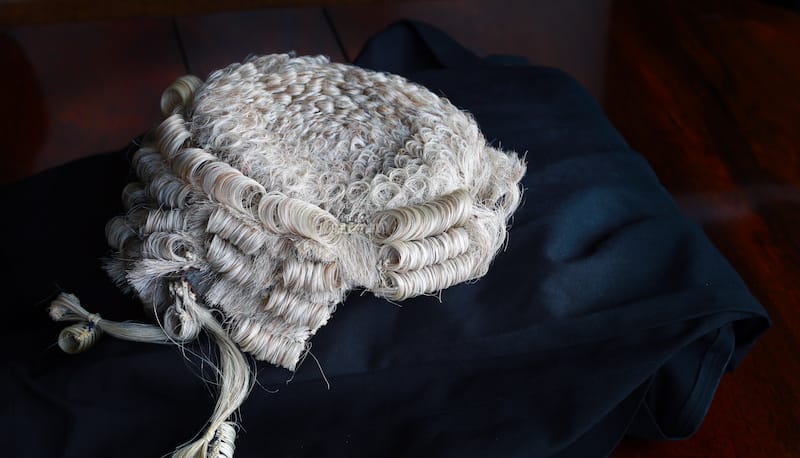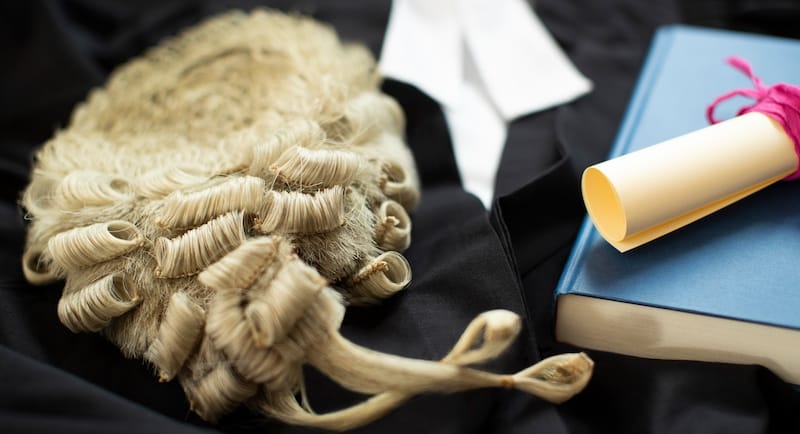BSB describes finding as ‘striking’

Chambers that use blind or contextual recruitment tools in pupillage applications have a greater proportion of white and male pupils than sets that don’t adopt the tools, research has found.
The Bar Standards Board (BSB) report shows that 42% of pupillage providers used blind recruitment methods, meaning that candidates’ personal information is not seen by the those carrying out the shortlisting for interviews. This can include omitting the candidates name, school or university. For the largest sets, this figure rises close to two-thirds.
Although less popular, the report also found that 18% of chambers used contextual recruitment, factoring in a candidates’ personal circumstances when assessing their applications. Both forms of recruitment techniques were most commonly used by providers specialising in commercial law.
The “most striking finding”, the BSB said, was that chambers who did use blind or contextual recruitment had a “higher proportion of male pupils and a higher proportion of white pupils” than sets that didn’t.
Despite this, the recruitment tools may have played a role elsewhere, with chambers using blind recruitment having a marginally higher proportion of pupils who attended state schools than those that did not.
“This suggests that for many organisations, adopting particular recruitment approaches such as contextual or blind recruitment may have a relatively limited impact in terms of increasing the proportion of their pupils who are female or from minority ethnic backgrounds.”
Earlier this year the BSB launched a consultation which proposed, amongst other things, removing the degree requirement of a 2:2 to become a barrister. This, it said, could make the profession more diverse, with “graduates who are more likely to achieve a degree classification of lower than a 2:2 are more likely to be from Black, and Asian backgrounds, which under the current requirements could negatively impact such applicants”.
The Bar Council responded by objecting to the majority of proposals, including the one outlined above, saying that such a move would simply lead to more students investing substantial amounts in bar training only to struggle in securing a pupillage and practicing as barristers.

